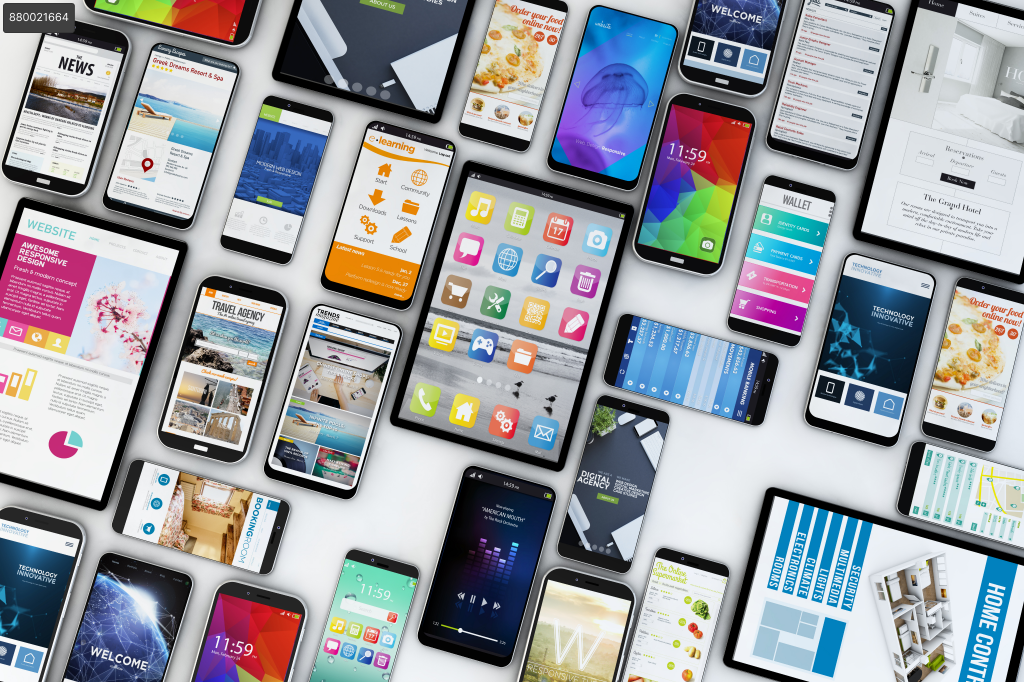
Assegurar un rendiment correcte en diversos dispositius mòbils és vital quan es tracta de la creació d’aplicacions mòbils. No obstant això, el procés de prova manual en cada dispositiu resulta costós i lent. En aquest context, els serveis de proves mòbils en el núvol es tornen essencials, en proporcionar una manera eficaç de realitzar proves en una varietat àmplia de dispositius.
I. Serveis a la núvol per a proves mòbils
- AWS Device Farm: Amazon Web Services (AWS) Device Farm permet executar proves automatitzades i manuals en una àmplia varietat de dispositius Android i iOS. Proporciona accés a dispositius reals a la núvol i ofereix capacitats per a executar proves simultànies, analitzar resultats i depurar problemes.
- Firebase Test Lab: Firebase, la plataforma de desenvolupament d’aplicacions mòbils de Google, inclou Firebase Test Lab. Permet executar proves automatitzades en dispositius reals o emuladors d’Android i iOS. També ofereix proves d’usabilitat i proves a la núvol amb accés a una gran quantitat de dispositius virtuals.
- BrowserStack: BrowserStack és un servei a la núvol que permet realitzar proves d’aplicacions mòbils i web en una àmplia gamma de dispositius i navegadors. Proporciona accés a dispositius reals i emuladors, facilitant l’execució de proves simultànies i la identificació de problemes de compatibilitat.
- Kobiton: Kobiton ofereix un entorn a la núvol per a proves d’aplicacions mòbils en dispositius iOS i Android. Proporciona accés a una àmplia gamma de dispositius reals i permet l’execució de proves automatitzades i manuals. També ofereix capacitats de col·laboració i anàlisi de resultats.
II. Automatització de proves mòbils
Automatitzar les proves mòbils és essencial per accelerar el procés i garantir la consistència en els resultats. Algunes eines populars per a automatitzar proves mòbils inclouen:
- Appium: Appium és un marc d’automatització de proves de codi obert que admet aplicacions mòbils natives, híbrides i web a les plataformes iOS i Android. Utilitza el WebDriver de Selenium i proporciona una API senzilla per interactuar amb els elements de la interfície d’usuari de l’aplicació.
- Espresso: Espresso és un marc de proves automatitzades desenvolupat per Google per a aplicacions Android. Proporciona una API concisa i potent per escriure proves que interactuen amb la interfície d’usuari de l’aplicació. Espresso s’integra bé amb l’entorn de desenvolupament Android Studio.
- XCUITest: XCUITest és un marc de proves automatitzades per a aplicacions iOS desenvolupat per Apple. Permet escriure proves en Swift o Objective-C i proporciona una API per interactuar amb la interfície d’usuari de l’aplicació.
- Selenium: Selenium és un marc d’automatització de proves àmpliament utilitzat per a aplicacions web, però també es pot utilitzar per a proves mòbils. És compatible amb diversos llenguatges de programació i ofereix capacitats per interactuar amb elements de la interfície d’usuari de l’aplicació en dispositius mòbils.
Les proves en una àmplia varietat de dispositius mòbils són fonamentals per garantir la qualitat i la compatibilitat de les aplicacions mòbils. Els serveis a la núvol ofereixen una solució eficient per dur a terme aquestes proves, i l’automatització ajuda a accelerar el procés i millorar la consistència dels resultats.





